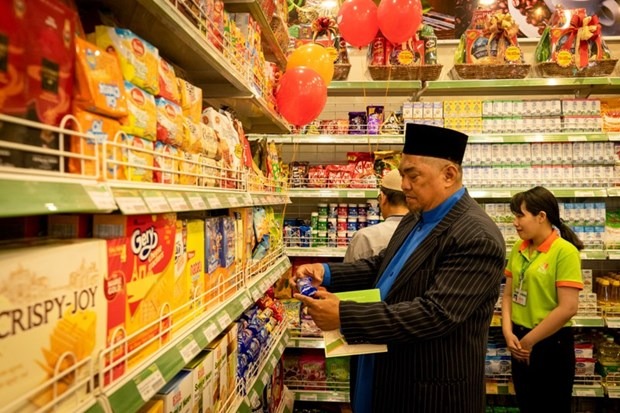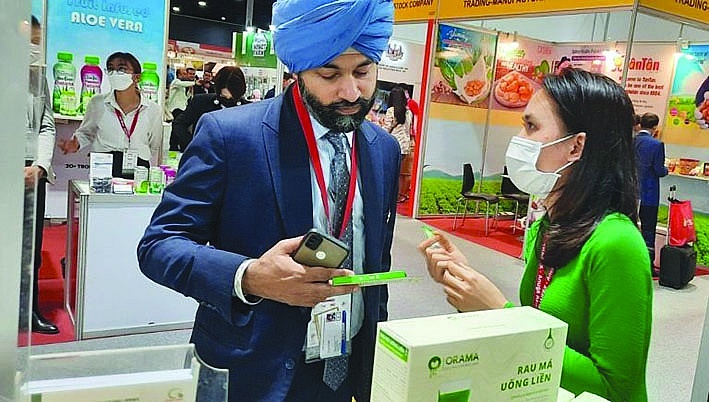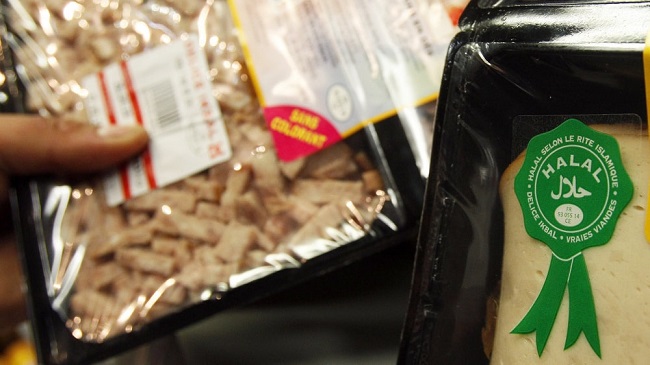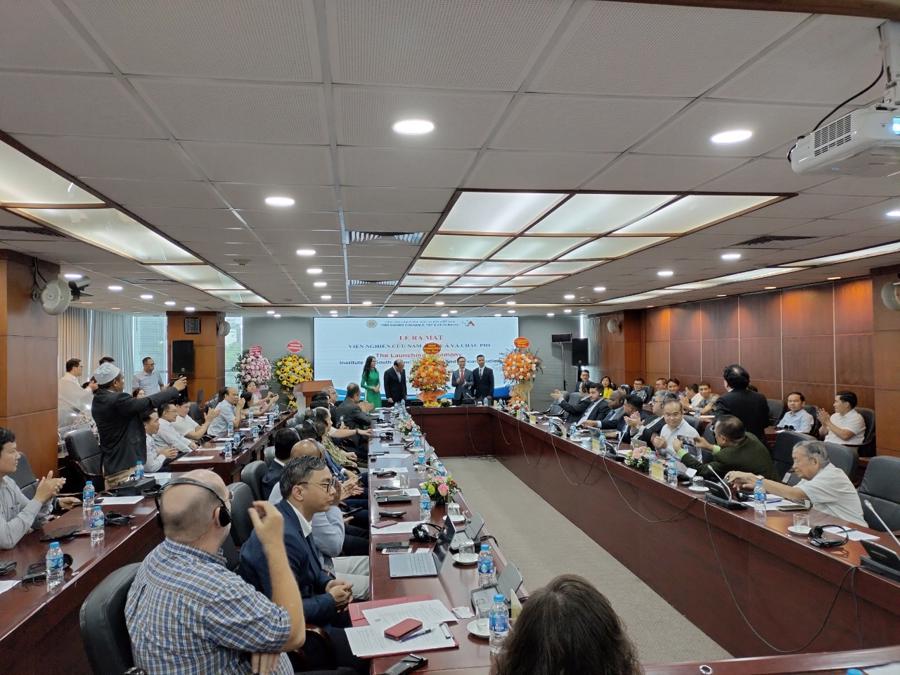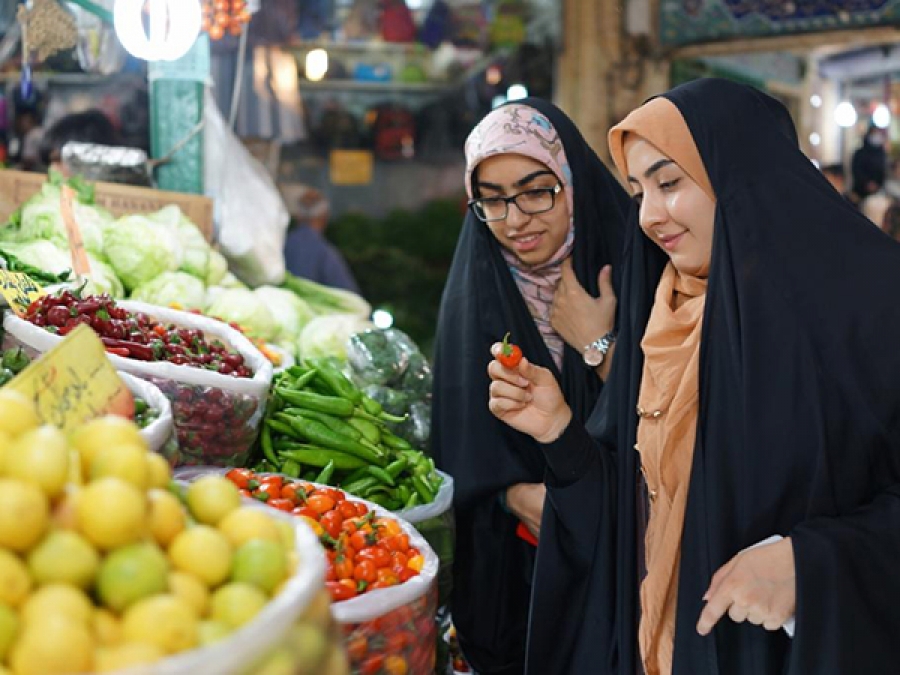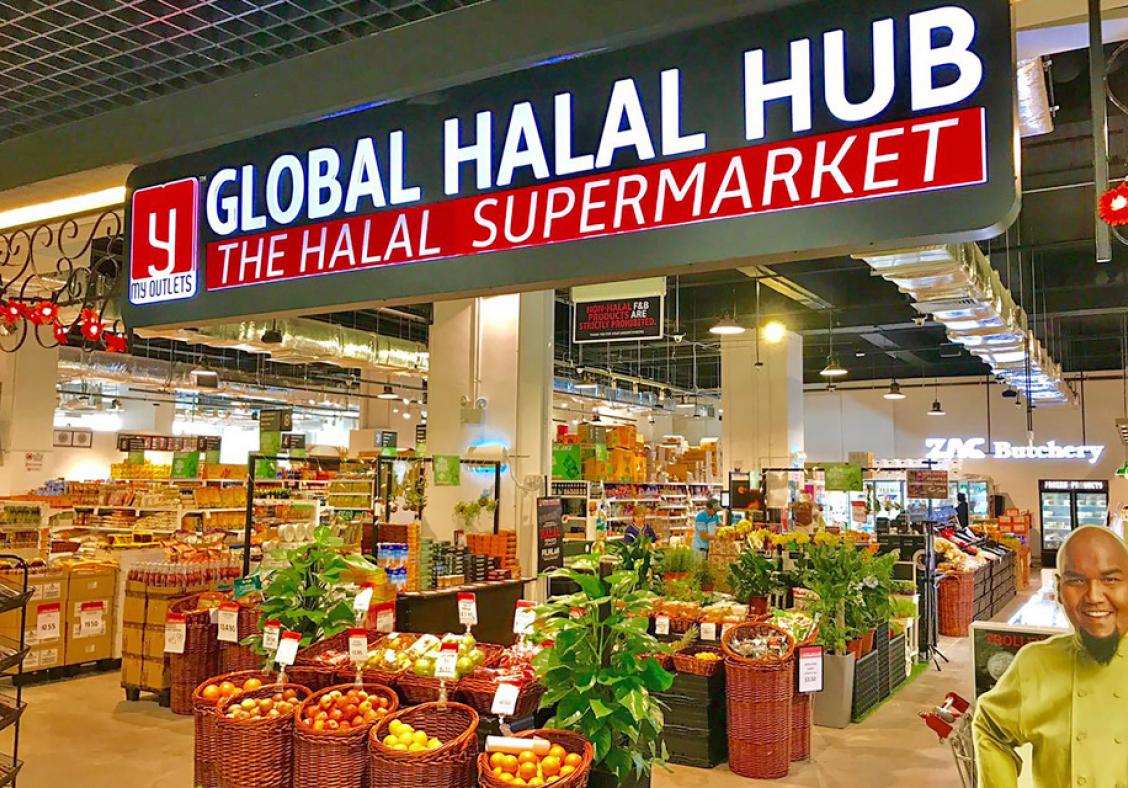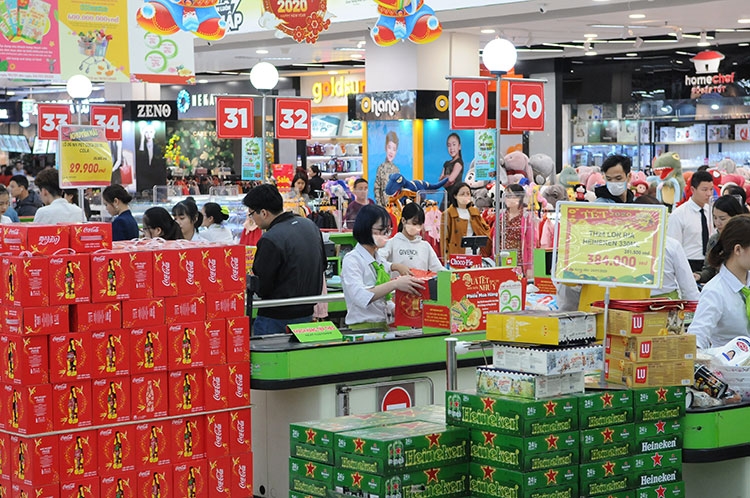In the past three years, the world has experienced many shifts contributing to the recovery of certain markets and products that align with Islamic regulations, with the most prominent being the Halal economy. Among the factors and variables that have stimulated the recovery of the Halal economy are the outbreak of the Coronavirus, particularly in European, American, and Asian countries, and now the Russia-Ukraine war. The increase in food prices and predictions of supply chain disruptions have sparked renewed discussions about the Halal product market, particularly the Halal food market on a large scale.
The coming period is expected to witness a boom and strong growth in food products for human consumption, whether in packaged goods or through restaurant chains. Moreover, many studies predict that the global Halal market will reach a growth rate of 12 trillion USD by 2030, affirming that the Halal industry is experiencing robust growth of approximately 500 billion USD annually. These studies also highlight that the consumer market for global products and services compliant with Islamic law—covering food production, banking, pharmaceuticals, cosmetics, logistics, and tourism—has grown over the years to no less than 6 trillion USD.
According to research, Asian countries consume about 63.3% of global Halal trade, African countries about 24%, while European countries consume around 10.2%, and the Americas about 2.5%. The study reports that the growth rate of the Halal food industry market is around 17% annually. It also predicts that the expenditure of the Muslim community on Halal food will reach 2 trillion USD in the next two years.
Reasons for the Increase
Experts and businesspeople attribute the potential for increased activity in the Halal food market and Shariah-compliant products to three main factors. The first is that all Halal food must adhere to strict rules in compliance with Islamic Shariah regulations, especially regarding animals and meat slaughter. Emphasis is placed on humane and healthy slaughter and restricting it to only the types of meat permitted by Allah (God). The second reason relates to the necessity of ensuring cleanliness, selecting high-quality foods, and maintaining a balanced diet. The third reason concerns the psychological factor among consumers in Europe, America, and even Asia, where there is a notable reduction in cases of food poisoning and related fatalities.
Market Size
Regarding the Halal food market and agriculture-based products aligned with Islamic Shariah rules and principles, the market has seen substantial growth in recent years and is expected to continue expanding in the future. The market value of Halal products and food is expected to reach at least 30 trillion USD by 2050, after hitting a value of 12 trillion USD by the end of 2030. This growth is driven by social, economic, and behavioral shifts, whether related to individual consumption levels or the development of many companies that produce Arab and Islamic products and food, which strategize their investments through the development of Halal products compliant with Islamic regulations while penetrating multiple global markets.
Gulf Market
Companies operating in the Gulf region, including Qatari companies, have led these activities. Over the past few years, they have signed a series of strategic contracts to operate in several global markets in the food and Halal food sector. This is driven by two strategic goals: firstly, to contribute to achieving domestic food supply and security, and secondly, to reach maximum profitability, particularly in markets with high consumer activity and minimal competition. This allows for significant operational efficiency, reflected in financial revenues and, subsequently, the profitability of all companies working in the food and agriculture sector compliant with Islamic principles and regulations. The ultimate result is a financial inflow from abroad to the domestic economy, contributing to national economic support, particularly for Islamic banks and domestic financial institutions, by depositing funds and increasing asset levels, enhancing their operational efficiency, and achieving indirect profitability.
High Trust
Experts and entrepreneurs specializing in the food industry believe that the Halal product market, especially Halal food, attracts millions of people, even non-Muslims in many Western countries, due to their high trust in the health and cleanliness of Halal food and its compliance with public health standards. Additionally, the quality of various Halal food products has become highly competitive compared to other food products available in the market, thanks to the significant advancements in the industry in Arab and Islamic countries. Many companies specializing in this sector have integrated modern technologies into different production chains, from agricultural and livestock products to the final products on the shelves of food retail outlets and various restaurants.
Investment Opportunities
In the same context, significant developments in spending levels on the Halal product market across various categories and classifications have been noted. The market for various Halal products, compliant with Islamic regulations, has exceeded 6 trillion USD, and this figure is expected to increase steadily in the coming years, especially after the global economy reopens. They point to the presence of key investment opportunities in this field for Qatari companies and investors, particularly those with extensive experience and risk management capabilities in this sector. Many international companies have either partially or entirely withdrawn from the global food market due to losses incurred during the Coronavirus pandemic, and their return may take time, leaving their market share open. This presents local investors with opportunities to enter these markets, acquire stakes, and establish a presence in the Halal food industry.
National Companies
Investor Youssef Abu Haliqa believes that Qatari companies specializing in the food industry are capable of entering these markets and facing challenges, provided they conduct thorough market research before entering and choose appropriate timing after the global economy fully reopens, ensuring confidence in achieving outstanding operational performance. In his speech, he expressed satisfaction with Qatari companies working in the food industry and their ability to enter multiple European markets and establish factories and restaurants providing food in general and Halal food in particular. This market has become a thriving one, attracting many Western consumers. He emphasizes that the Halal food market has existed for centuries and offers great opportunities, but specialized companies in the Arab world have not fully met the demand of this market, suggesting that there are ample investment opportunities available.
(Source: lusailnews.net)

